Aims to solidify governance and leverage the large member base to further spread traditional karate on the continent.
BY PAULO PINTO / GLOBAL SPORTS
JUNE 26, 2024 / CURITIBA (PR)
The International Traditional Karate Federation (ITKF) announced the opening of a new branch in Portugal, preparing to take significant action in the European Union. This Portuguese office will also serve as a hub for closer communication with Regional Organizations in Africa and Asia-Oceania, alongside the existing ITKF Europe regional organization in Slovenia.
Luiz Alberto Kuster, ITKF’s Secretary-General, explained that Europe was chosen for the first international branch outside Brazil because of the strong presence of traditional karate in countries like Portugal, France, Germany, Italy, Slovenia, Romania, Bosnia-Herzegovina, Israel, Poland, Czech Republic, Serbia, United Kingdom, Cyprus, and Armenia. The goal now is to promote the sport in more countries such as Spain, Ireland, Belgium, Austria, Switzerland, Netherlands, Denmark, Sweden, Norway, and Greece.
“We believe the 22nd WTKC – ITKF World Traditional Karate Championship, about to take place in Portugal, will help spread traditional karate and expand our institution’s presence in Europe,” said Kuster.
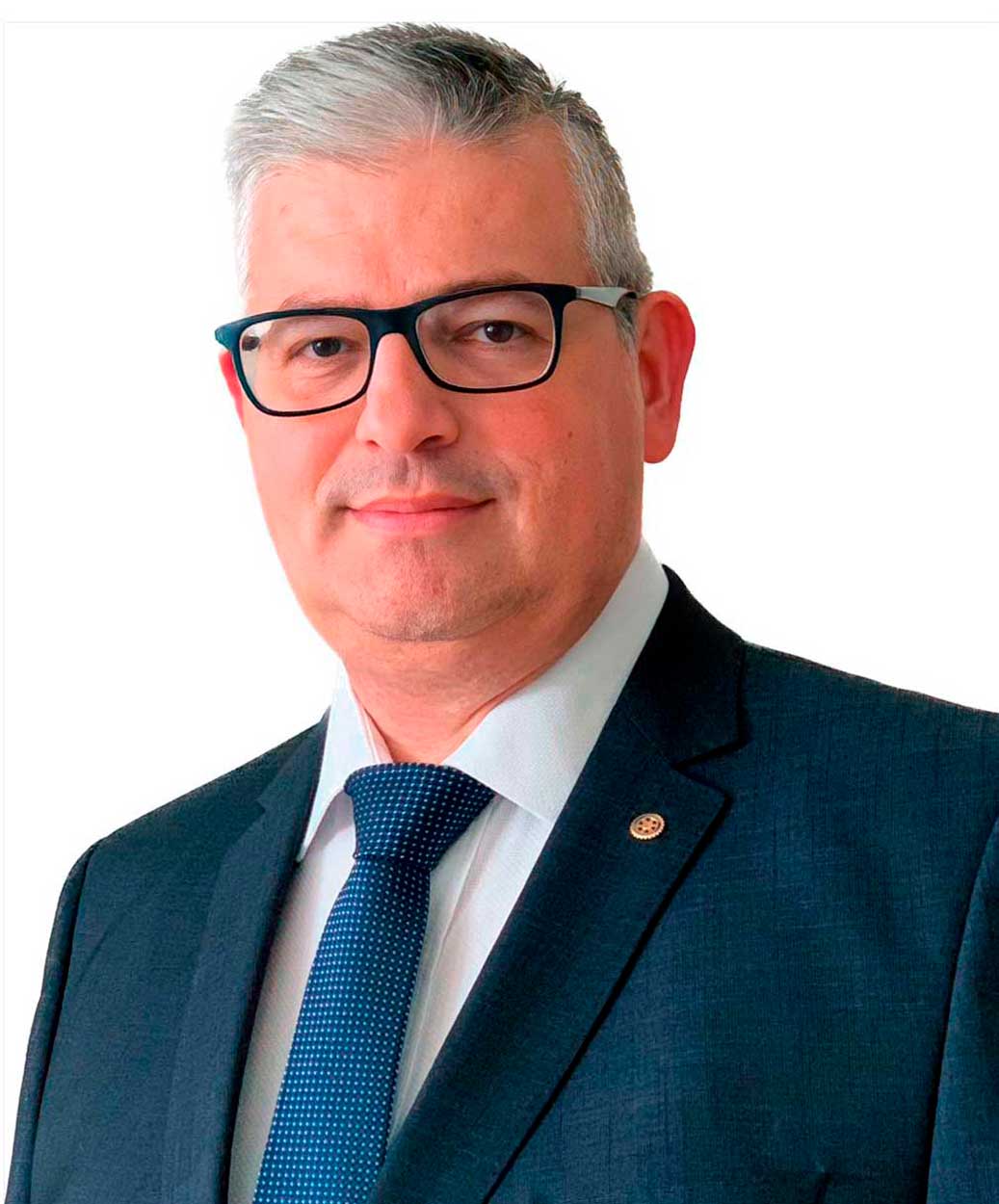
Antônio Sérgio Palu Filho, ITKF legal consultant © Global Sports
It’s also worth noting that three major international sports entities that ITKF has recently joined are based in Europe: The Association for International Sport for All (TAFISA), International Council of Sport Science and Physical Education (ICSSPE), and International Association for Sports and Leisure Facilities (IAKS).
Antônio Sérgio Palu Filho, ITKF’s legal consultant, said that having a permanent office in Portugal will facilitate the exchange of information with EU countries, particularly for improving traditional karate. “This will encourage partnerships in training courses and certified technical events, enhancing the technical level of athletes and officials. As a result, all members will benefit from this growth.”
Genesis
The significant step towards Europe began within the organization in 2019, during the 20th ITKF World Championship held in Curitiba, Brazil. The ITKF Global Executive Committee then engaged in deep discussions with the leaders of the national federations present to align the future vision of the institution. However, ITKF needed to establish itself legally before developing international partnerships, according to Vinícius Sant’Anna Pinto, a member of the ITKF Innovation and Technology Committee.
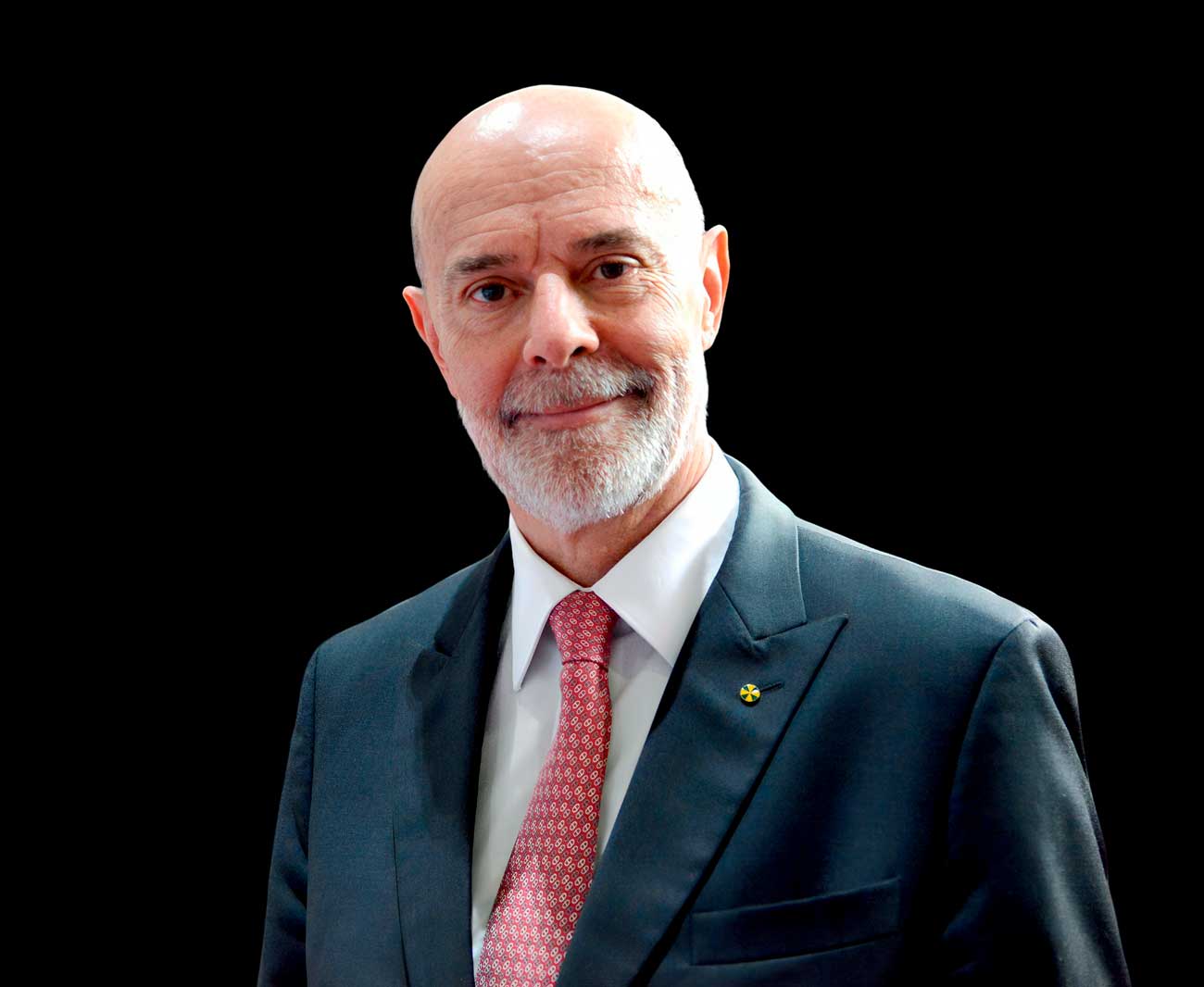
Luiz Alberto Kuster, ITKF Secretary-General © Global Sports
Palu described this process: “Until 2019, when Professor Gilberto Gaertner was elected chairman, ITKF had a fragile legal situation in the United States, and we needed to organize it immediately, as well as create a structure capable of holding the world championship, securing resources to bring international referees, hosting delegations, acquiring trophies, medals, support materials, among many other necessities, which would have been impossible without regularizing and even establishing the entity’s legal status in Brazil.”
The ITKF was established in Brazil as a non-profit civil association, registered with the Federal Revenue Service (obtaining a CNPJ), along with municipal, state, and federal permits for operation. The organization could then open a bank account, audit, and account for all its financial activities transparently and responsibly.
“With all the legal documents proving ITKF’s formal existence as a sports institution registered in Brazil, choosing Portugal for the first European office was an obvious decision, due to the language similarity, avoiding complicated document translation,” explained Kuster. “Additionally, there’s a certain parallelism in the notarial, legal, and fiscal systems, making it easier for Portuguese authorities to understand.”
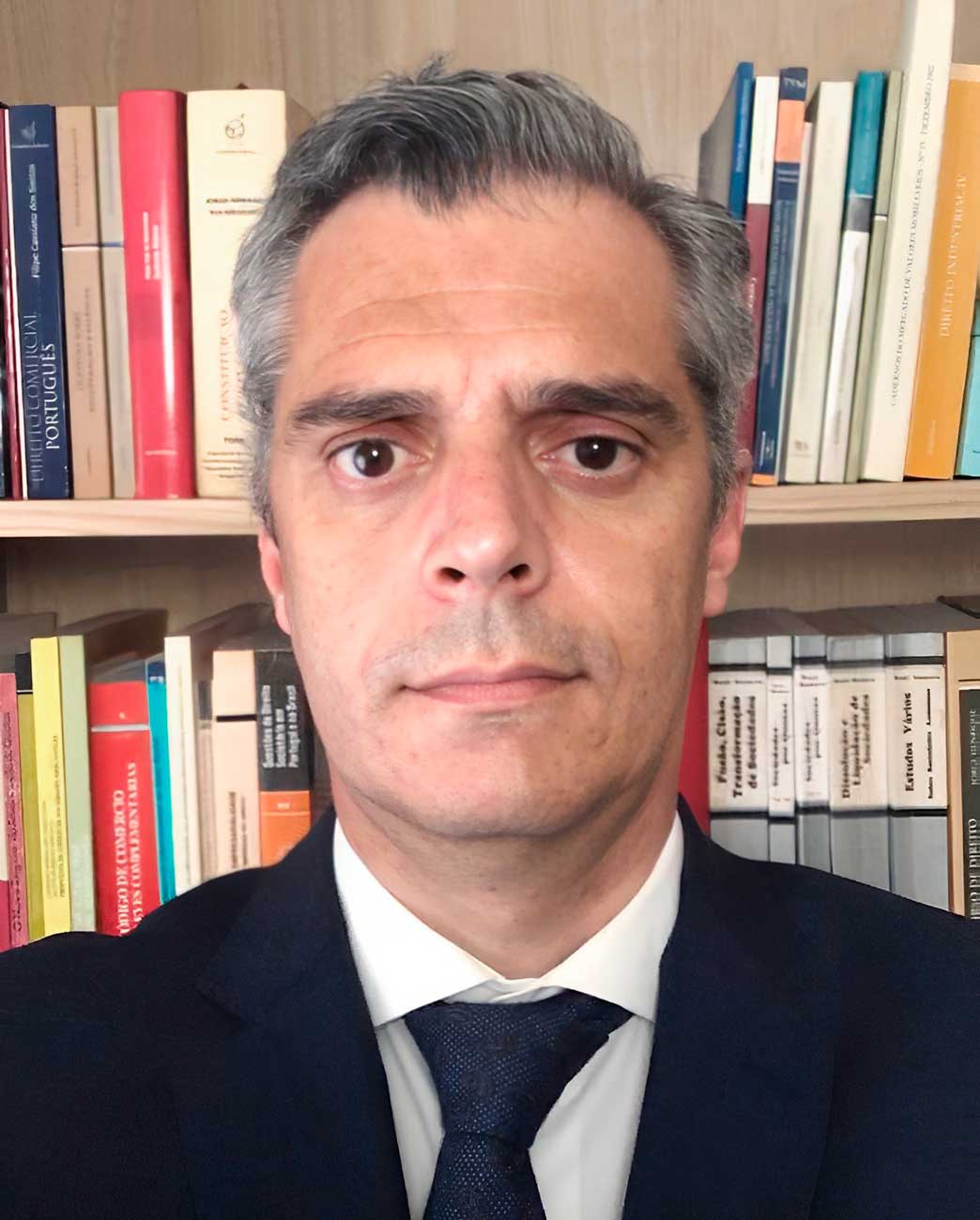
Carlos Loureiro, ITKF Europe’s lawyer © Archive
Fernando Manuel Alves Maia Silva, President of the Traditional Budo Federation of Portugal, added that his country has always stood out in providing institutional support to ITKF, lending it prominent figures since its inception and establishing a solid partnership in organizing courses and events in Europe. “It was therefore natural for Portugal to occupy this important strategic position.”
Kuster clarified that Portugal follows EU legislation. “The acceptance of an organization based in Brazil, therefore, would not happen without careful and meticulous evaluation of the institutional documents presented. Having ITKF’s headquarters in Brazil and a representation office installed and formally accepted by European authorities is a clear indication of the institutional level we have achieved.”
For Kuster, this legal situation will undoubtedly contribute to the expansion of ITKF’s institutional and international relations, “always aiming at the popularization and development of traditional karate in the right direction, as defined in our Constitution since its inception and promulgation by our founder, Master Hidetaka Nishiyama.”
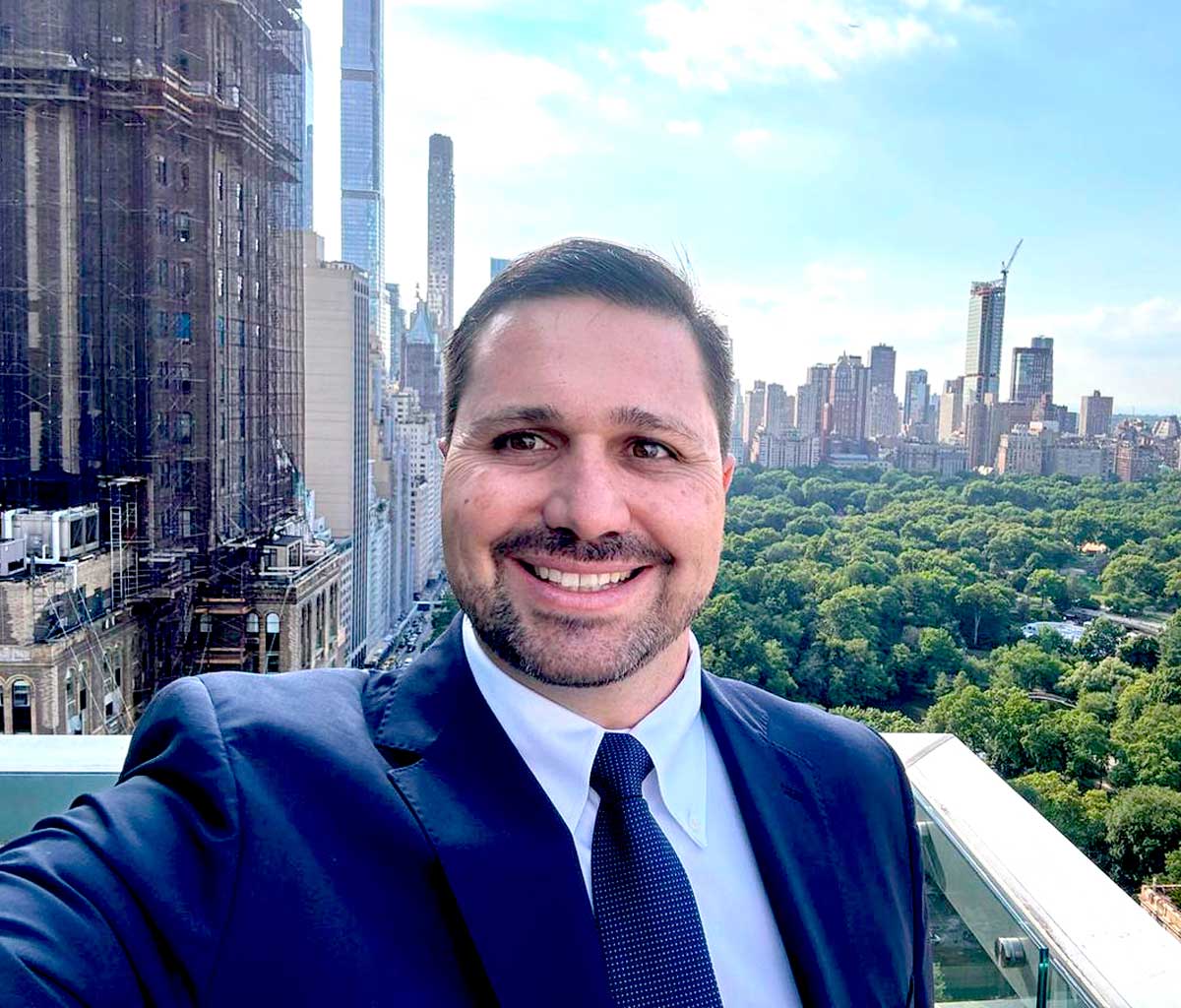
Vinícius Sant’Anna Pinto, member of the ITKF Innovation and Technology Committee © Archive
Vinícius Sant’Anna Pinto highlighted the close connection between America, Africa, Asia, and Europe, facilitated by Portugal. “It’s an important step for the organization, but to have an international office, all governance and procedures need to be solidified. It’s worth noting that after our strategic cycle, one of the first deliverables was the entire process of digitizing the institution; today, all ITKF management systems are accessible on our website.”
Disruptive event
Sant’Anna Pinto considered the establishment of an office for the European Union somewhat disruptive because it gives an institution theoretically made up of martial arts practitioners a business management tone. “And this is just one step, as we will be able to promote organic growth, which our chairman Gilberto Gaertner highly values.”
In other words, it’s about achieving quality growth, not just expansion. “It must be sustainable, maintaining the quality of karate, techniques, improvements, and all the essential elements of our karate style.” For him, organic growth means strengthening regions with potential and can be developed – or even regions where the sport practically doesn’t exist.
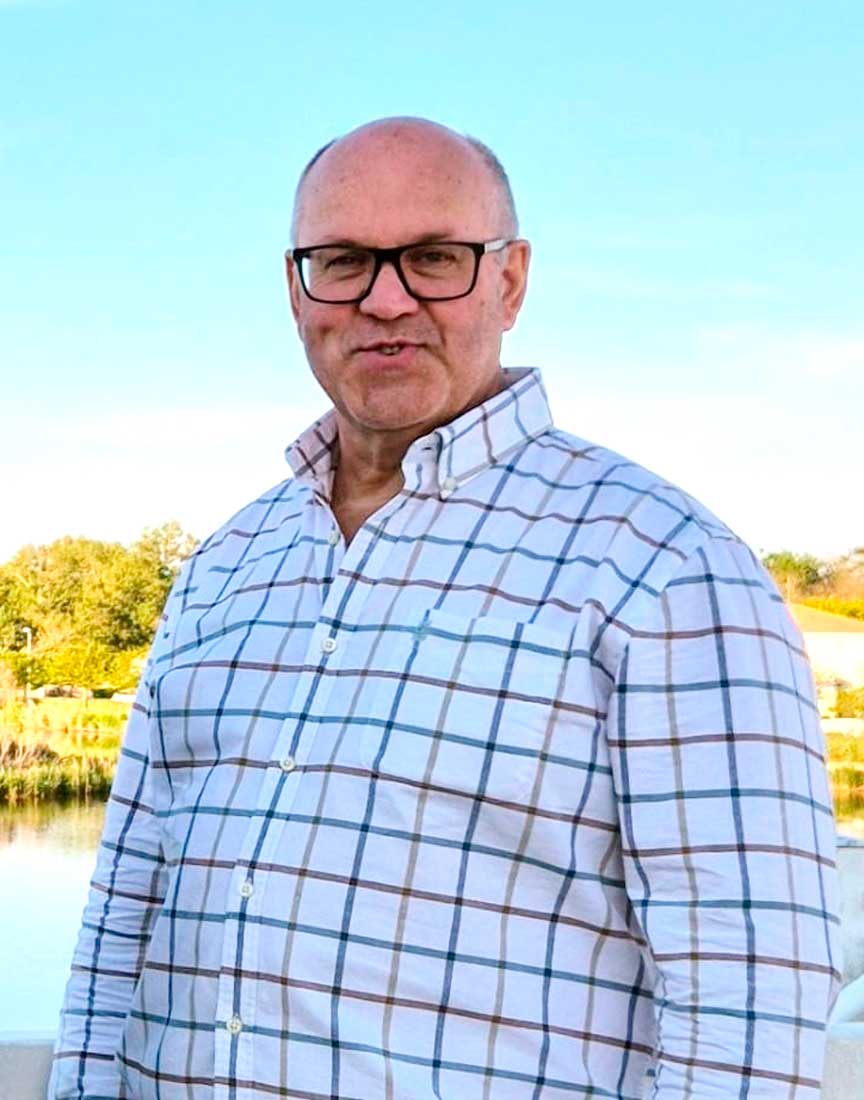
Fernando Manuel Alves Maia Silva, President of the Traditional Budo Federation of Portugal © Archive
Overall, Sant’Anna Pinto believes that since the ITKF structure, with all the strategic planning, governance, and goals, there has been growth in members, member countries, and participants. “This shows that we are on the right track. And remember, it’s always organic growth, not exponential growth,” he emphasized. “I think the next administration, when it comes, will have total peace of mind to continue the institution’s development.”
Towards consolidation
Another innovation brought by the establishment of a branch is that it is mobile, according to Sant’Anna Pinto. “The ITKF President has the prerogative to settle in his country of origin during his term.”
For Palu, the success of the European office could serve as a model for other regions of the world. “What we achieved in Brazil, in terms of legal and institutional establishment, paved the way for ITKF affiliates and regional branches to follow the same model without starting from scratch.”
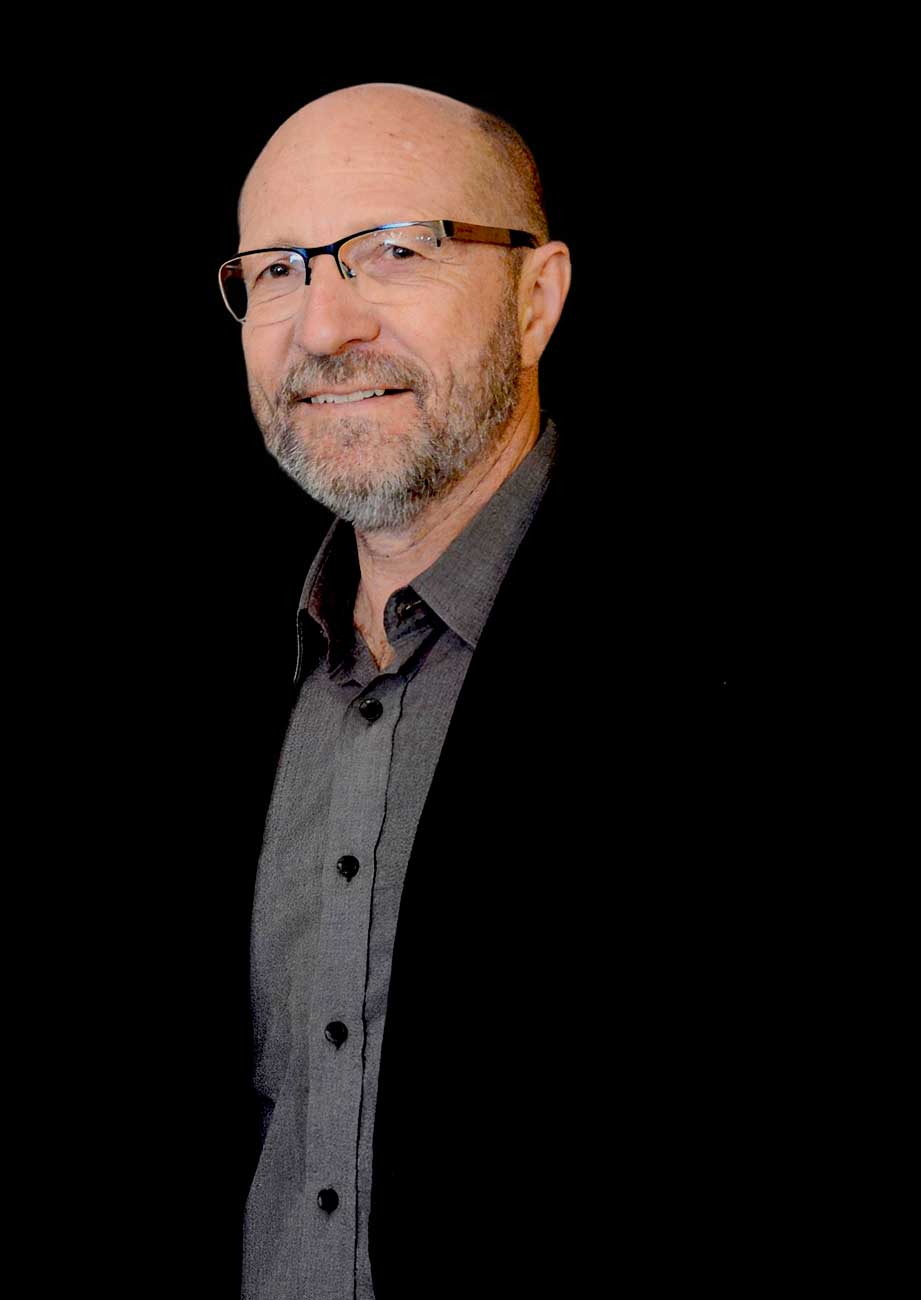
Gilberto Gaertner, ITKF chairman © Global Sports
Kuster envisions an inverse situation, where the success of other regions like Asia-Oceania and Africa will likely lead to the same model. “ITKF is actively working towards its consolidation in these major continents where there is a vast population of traditional karate enthusiasts.”
However, he acknowledges the challenges are immense, such as the currency difficulties in these regions, for instance, to promote the presence of their masters and athletes at various global events. “Egypt and Uzbekistan have managed to have a constant presence and significant advances thanks to government support. However, this support only materializes with the institutional strengthening of each national federation linked to the international entity.”
Legal situation
Carlos Loureiro, ITKF Europe’s lawyer, explained that the formal registration of a permanent ITKF office in Portugal allows for more consistent activity, as an entity, in this case, Brazilian, can operate in that country and other EU countries. “Therefore, relying on a legal instrument is crucial for ITKF’s plans.”
Moreover, the organization will perform its functions as broadly as possible, as its statute guarantees it can operate in Portugal as if it were created in the country from the outset and capable of expanding throughout the European Union.
Transformative turn
The opening of ITKF’s first international headquarters in the European Union represents a historic and strategic achievement, solidifying the organization’s position in the global traditional karate scene. Under the visionary leadership of chairman Gilberto Gaertner, ITKF has overcome a total disarray situation to establish itself as a legally sound and well-governed organization. Choosing Portugal as the starting point not only reflects the strong presence of traditional karate in Europe but also symbolizes the ease of legal and cultural integration with Brazil.
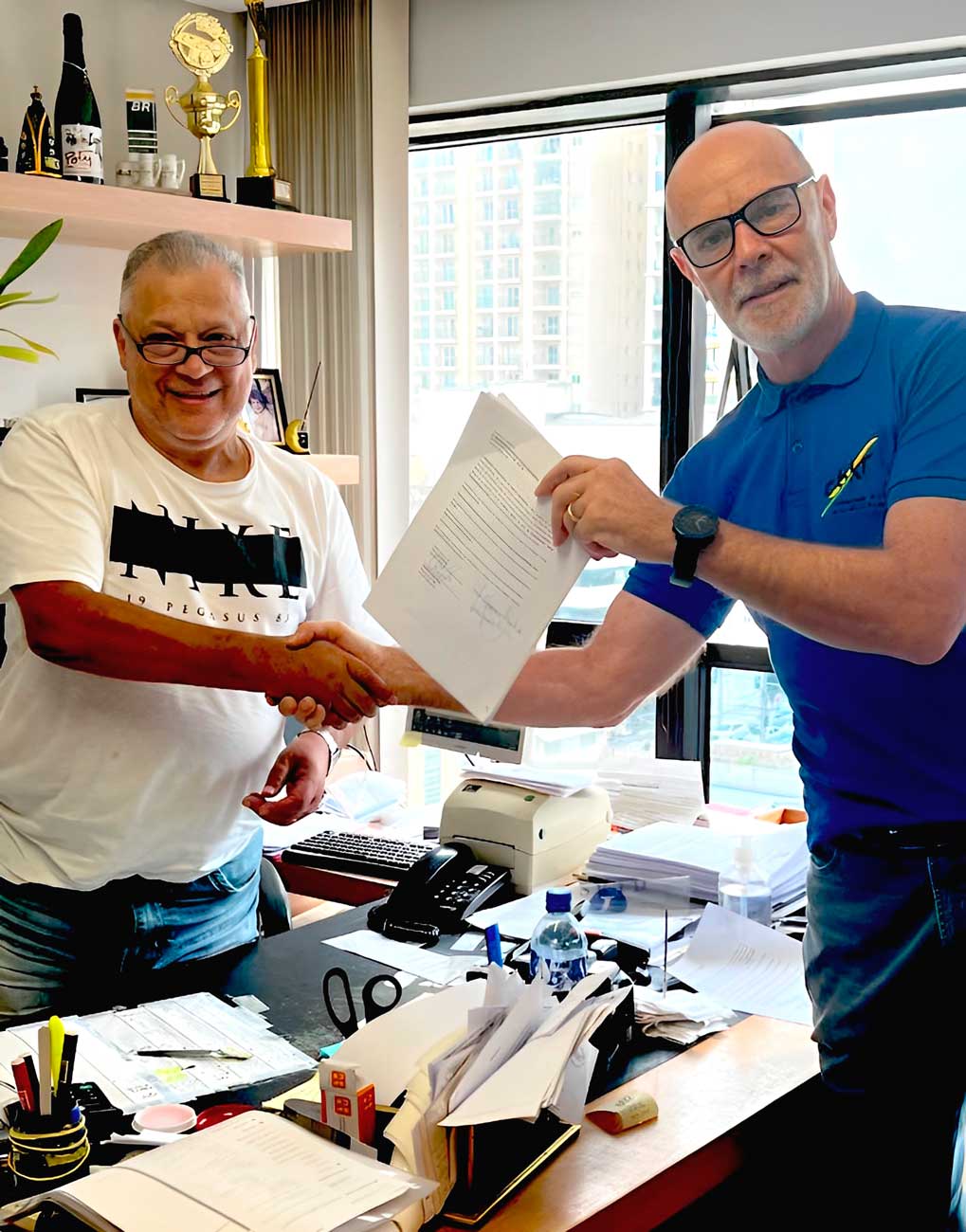
Diomar Balieiro, notary of the Registry of Titles and Documents Office, and Luiz Alberto Kuster, recording the moment of legal validation of documents sent to Portugal © Archive
The new office in Portugal will serve as a vital hub for communication and collaboration with karate entities in Africa and Asia-Oceania, boosting the sport’s expansion in these continents. The association with major international sports entities like TAFISA, ICSSPE, and IAKS further strengthens ITKF’s role in global traditional karate development, fostering partnerships for training courses and certified technical events.
This milestone testifies to ITKF Global’s ability to adapt and evolve, incorporating modern governance and management practices. The digitization of management systems and the implementation of a robust governance structure are significant steps that ensure transparency and efficiency in the organization’s operations. The European office not only facilitates high-level events but also ensures that ITKF continues to promote karate with quality and integrity.
In summary, establishing ITKF’s European office not only represents geographic expansion but a reaffirmation of the organization’s commitment to excellence, effective governance, and global promotion of traditional karate values as a powerful tool for socio-educational development, inclusion, and social transformation. This significant advancement paves the way for a promising future, where ITKF will continue to grow and positively influence new generations and the global karate community.
Source: https://revistabudo.com.br/itkf-global-opens-headquarters-in-the-european-union/





